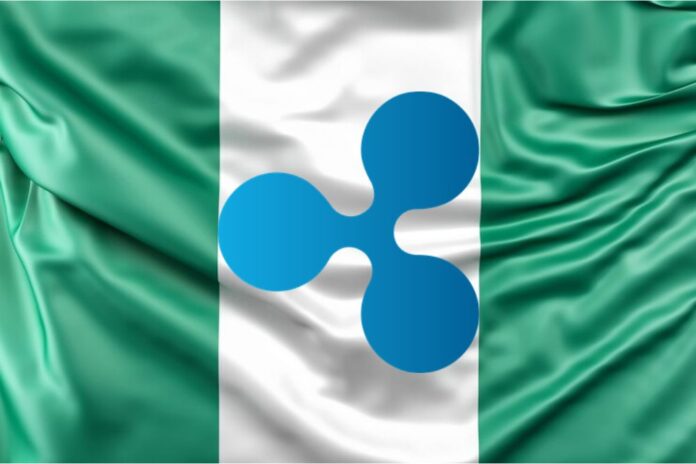In its recent 2023 report, the Central Bank of Nigeria (CBN) cited Ripple, the San Francisco-based blockchain payment firm and major distributor of XRP. This citation was a key component of the CBN’s comprehensive study titled “Economics of Digital Currencies.”
The CBN’s report, which was shared with the crypto community by WrathofKahneman (@WKahneman), delves into Central Bank Digital Currencies (CBDCs), focusing on various critical aspects, including the core concepts, implications on fiscal system stability, financial inclusion, and more. Its primary goal is to provide professionals and the general public with a clear understanding of CBDC economics.
The Central Bank of Nigeria has released a report, "Economics of Digital Currencies," in which the 2020 #Ripple report on CBDCs figures rather noticably in a number of places, e.g.,https://t.co/tIR1Gxo0lY pic.twitter.com/yQFL0CWOQe
— WrathofKahneman 🪝 (@WKahneman) October 26, 2023
Read Also: Nigerian BDC Operators Call For Binance Ban to Strengthen the Devalued Naira
CBN Highlights Global Trends
The CBN emphasizes that the proliferation of blockchain-based currencies has prompted monetary regulators worldwide to explore CBDCs. It argues that this move is a response to the risks posed by privately issued electronic cash to financial systems. The CBN points out four global trends that have motivated central banks worldwide to consider CBDCs:
Decline in Physical Currency Usage: The use of physical currency for business transactions and payments has been steadily decreasing. CBN supports this claim by referencing a study revealing that mobile wallet payments exceeded cash payments globally for the first time in 2021. The study also predicts that by 2024, cash will account for just 13% of in-store transactions worldwide.
Anticipation of Government-Regulated Tokens: Central banks are exploring digital currencies due to the growing interest in issuing government-regulated tokens, especially in response to the rising prominence of privately controlled cryptocurrencies. Ripple’s report is cited in support of this point, based on a survey of over 1,600 financial professionals from 22 countries. It found that 85% of payment industry leaders worldwide believe their countries will introduce digital tokens within the next four years.
Read Also: Banks Fear as Nigeria Set To Become the First African Country to Launch Its Own Digital Currency
The CBN’s CBDC Initiative: Notably, Nigeria stands among the select nations that have already introduced and fully enacted a CBDC, known as the eNaira. This significant development occurred in October 2021. The CBN introduced the eNaira with the hopes of accelerating financial inclusion, promoting cheaper and faster remittances, enhancing monetary policy effectiveness, and improving tax collection.
The CBN’s report, with insights from Ripple, provides a clear view of the evolving landscape of CBDCs globally. It also has invaluable experience, thanks to the eNaira.
Quoting from Ripple’s work shows that the payment firm is also on the right track in CBDC development. We are yet to hear of any new developments between the CBN and Ripple, but XRP could be a perfect token for a CBDC project and is currently being considered by the Bank of France.
Follow us on Twitter, Facebook, Telegram, and Google News



